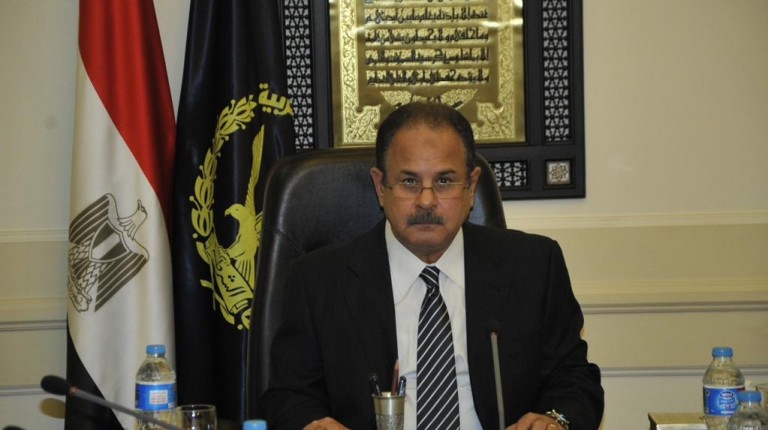Report
Popular rebellion in Egypt against the state version of a double murder
‘A war of attrition against rationality.’ The case of a grieving father, apparently framed for the murder of his children, has angered Egyptians.

For two weeks now, Mit Salsil, a small town in the Nile Delta, has been at the center of attention in Egypt. It was the setting for what seemed at first to be just a tragic news story, but then became a scandal that goes all the way to the top of the state apparatus, which has awoken the consciences of the Egyptians. On Aug. 21, during the Eid holiday, the bodies of two children were found dumped into the waters of a canal. The gruesome images of the bodies of Muhammad and Rayan, 3 and 4 years old, shown by all media outlets, provoked outrage across the country. The funeral was attended by thousands.
Their father, Mahmud Nezmi, said that on that day someone had kidnapped the children while he was distracted. Shortly after the funeral, he disappeared and turned up later under arrest, accused of their double murder. He had left a note at home: “If I won’t get justice, I want to die like them.” After just a few hours, in a rather unusual decision, the police released a video in which the father is seen confessing that he had thrown the two children off a bridge. In the video, the man is visibly scared, his face exhausted, staring blankly at the invisible interlocutors observing him from behind the camera.
The media campaign against him went even further, and Nezmi was accused of also being a grave robber and being involved in archeological and drug trafficking. At this point, the propaganda machine seems to have gone off the rails. The video released by the police had the opposite effect of the one they had intended: public opinion mostly considered the accusations unbelievable and a setup.
Doubts and controversy started to spread fast on social networks. The man’s wife and mother defended him, saying he would never be capable of such a crime and that they wanted to see him in person. In Mit Salsil as well, many did not believe the official story. On Thursday, Aug. 30, several hundred people gathered in front of the house of the tragedy-stricken family. Their plan was to block the main street of the town and they marched towards the police station shouting “Mahmud is innocent!”
Then, the security forces intervened, attacking the crowd with tear gas and violently dispersing it. Since that moment, the town has been in lockdown. Images shown by Al-Jazeera showed streets being patrolled by dozens of police vehicles. There have been severe reprisals against local activists by the security forces, which have ransacked many businesses and arrested 28 people—nothing else than collective punishment against the people who sided together against the authorities.
In recent days, the story has seen more developments, with disturbing implications. Some activists have released documents that offer evidence for another version of the events than the official one. It seems that in the previous months, Nezmi had denounced some senior officials of the security services for their alleged involvement in the trafficking of arms, drugs and archaeological finds. According to some, Nezmi had evidence in his possession that incriminated a general of the security police and some of his associates.
The news about this compromising material is said to have traveled all the way up to the notorious Magdi Abdel Ghaffar, the then-Interior Minister (who was also in office at the time of the murder of Giulio Regeni, and who tried in every way to cover up that case, including with a frame job that killed 5 innocent people). Nezmi’s family have also said that “big players” are behind the murder of the children, but that they could not speak to the media because of the death threats they had received.
It is hard to solve all the remaining mysteries about the case. However, in a country where the independent press has effectively been wiped out, the gap between the versions of truth claimed by the government and the perceptions of the Egyptians is becoming more and more obvious. Amro Ali has called this “a war of attrition against rationality,” a continuous battle between propaganda and real life. But dissent and mistrust continue to grow in the few gaps that the regime has failed to occupy. And sometimes, these contradictions explode into the public space, where the bonds of community and trust among people still manage to be stronger than repression and fear.
Originally published at https://ilmanifesto.it/egitto-ribellione-popolare-contro-la-versione-della-polizia-su-un-omicidio-2/ on 2018-09-09
